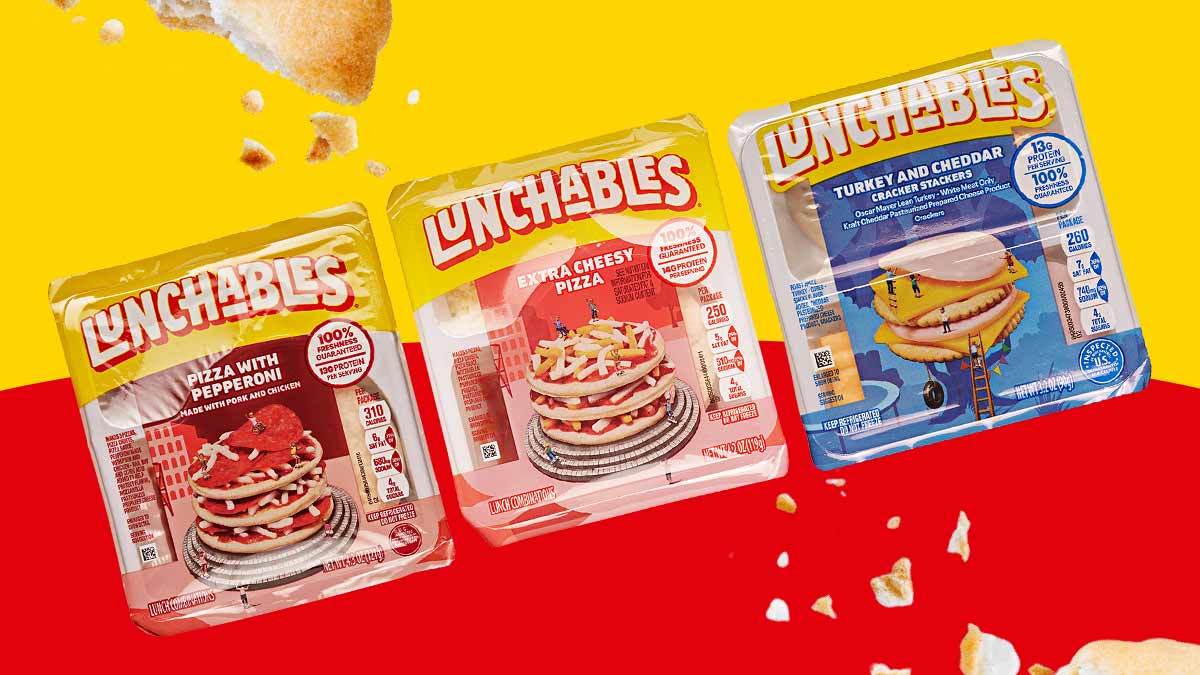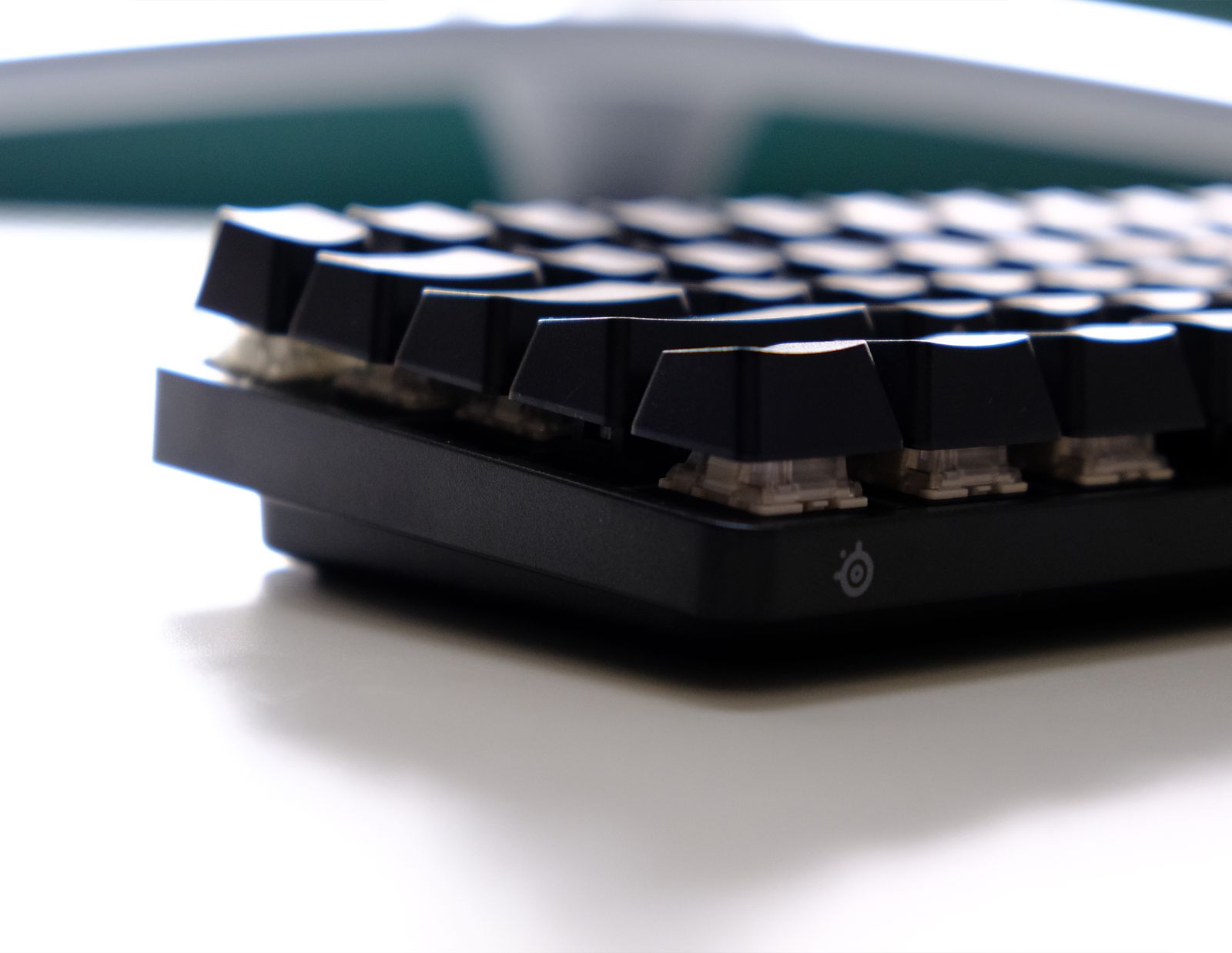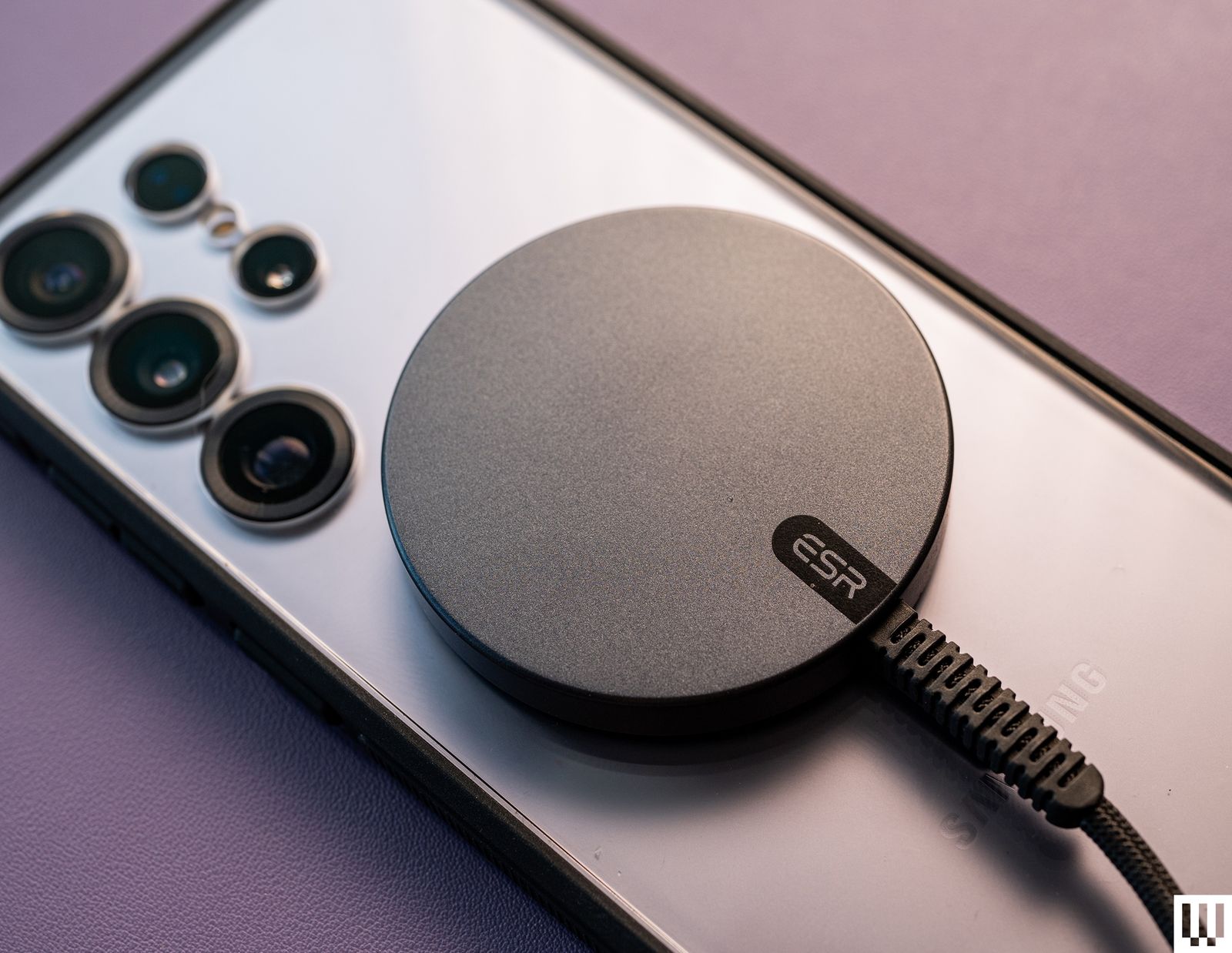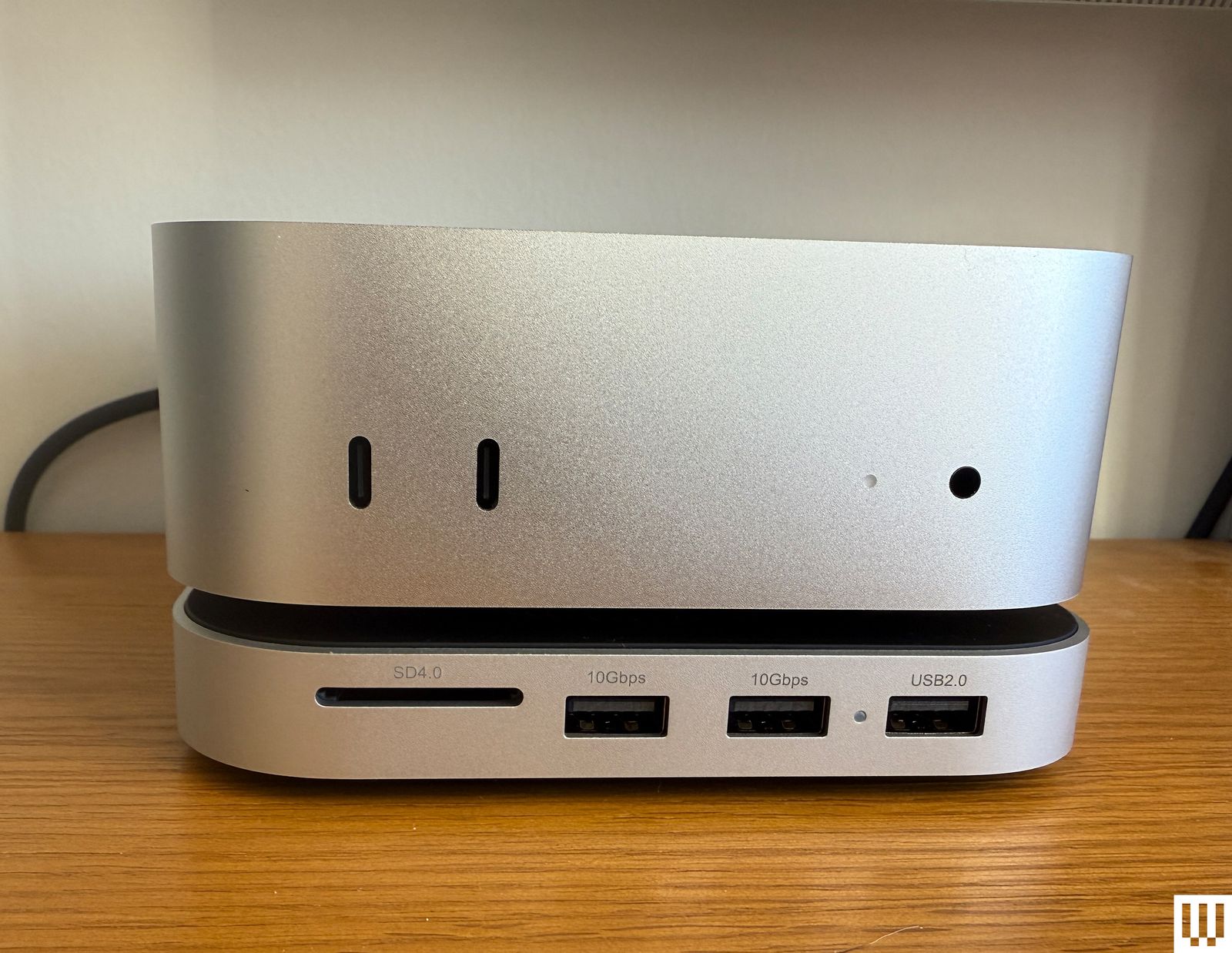
Kraft Heinz did not respond to multiple requests for comment from Consumer Reports.
In April 2024, Consumer Reports’ tests found that various Lunchables kits available at supermarkets contained potentially concerning levels of lead, phthalates (chemicals found in plastic), and very high sodium levels. While CR didn’t test the school lunch versions of the Lunchables kits, an analysis of their nutritional information showed they had even more sodium than the versions sold in stores.
Consumer Reports petitioned the Department of Agriculture, asking the agency to set stricter standards so that highly processed, sodium-packed kits like these would not be offered as part of the school lunch program, which is meant to provide healthy, low-cost or free lunches to students.
“When you consider the high sodium content and our testing that showed the presence of heavy metals such as lead, it’s clear that products like these don’t belong in the school meal program,” says Brian Ronholm, director of food policy at Consumer Reports. “In fact, they should not have been eligible in the first place. Our country’s food policies should maintain stricter standards for the school lunch program to ensure millions of kids have access to the healthier options they deserve.”
CR’s tests did not influence Kraft Heinz’s decision to pull Lunchables from the school lunch program, the company told Reuters.
However, in an earnings call on Oct. 30, Kraft Heinz CEO Carlos Abrams-Rivera did note that “the negative publicity that we receive from that misleading interest group appears to be lingering longer” as part of a response to a question about a decrease in Lunchables sales.









